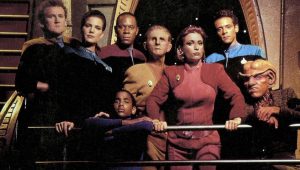
The Future Will Be Binged: The Best Character Episodes of ‘Deep Space Nine’
In my continuing quest to get more people to love the crown jewel of the Star Trek franchise, Deep Space Nine, I’m here to provide

In my continuing quest to get more people to love the crown jewel of the Star Trek franchise, Deep Space Nine, I’m here to provide
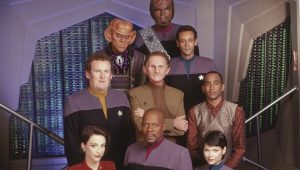
For reasons that I don’t want to go into, bingeing TV shows has gotten way more popular since, say, early March. There are tons of
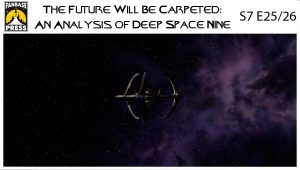
“What You Leave Behind”7.25 (aired June 2, 1999) “To the best crew any captain ever had. This may be the last time we’re all together.
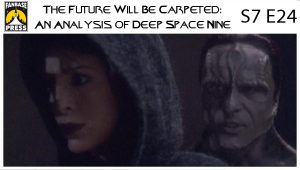
“The Dogs of War”7.24 (aired May 26, 1999) “My greed has to be a shining light to everyone, a testament to the rewards of avarice.”
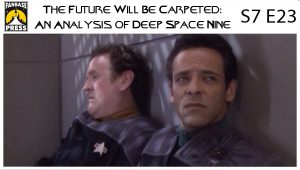
“Extreme Measures”7.23 (aired May 19, 1999) “My death isn’t a tragedy. It’s a celebration. In death I can finally step out of the shadows and
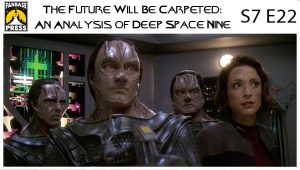
“Tacking Into the Wind”7.22 (aired May 12, 1999) “Great men do not seek power. They have power thrust upon them.” — Kahless the Unforgettable
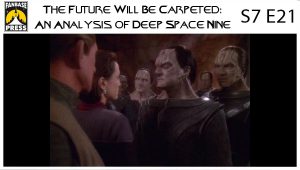
“When It Rains…”7.21 (aired May 5, 1999) “Remember your place, Dukat.”“I thought my place was in your bed.” — Winn and Dukat
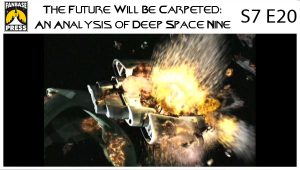
“The Changing Face of Evil”7.20 (aired April 28, 1999) “I call upon Cardassians everywhere. Resist. Resist today. Resist tomorrow. Resist till the last Dominion soldier
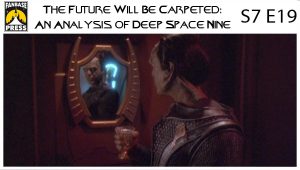
“Strange Bedfellows”7.19 (aired April 21, 1999) “I’m a patient woman, but I have run out of patience. I will no longer serve gods who give
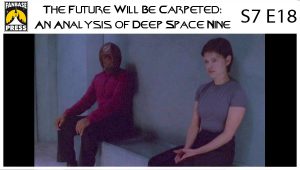
“‘Til Death Do Us Part”7.18 (aired April 14, 1999) “To them I’m the Sisko, an instrument to carry out their wishes. But they forgot that
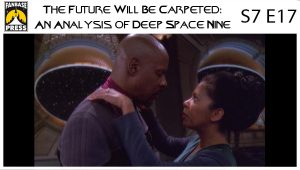
“Penumbra”7.17 (aired April 7, 1999) “Accept your fate. Your greatest trial is about to begin. Don’t be afraid. All will be as it should be.”
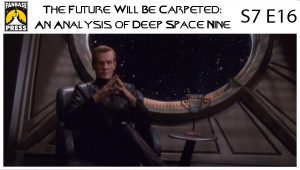
“Inter Arma Enim Silent Leges”7.16 (aired March 3, 1999) “The Federation needs men like you, Doctor. Men of conscience, men of principle, men who can